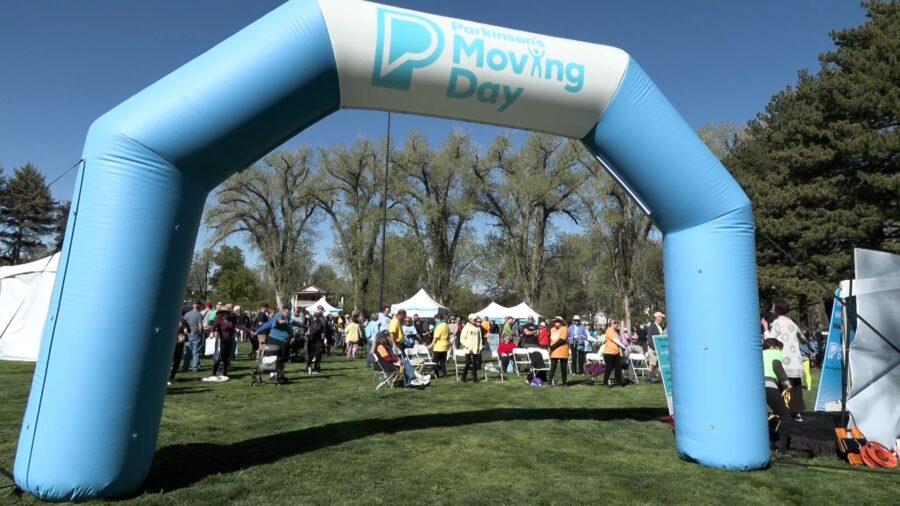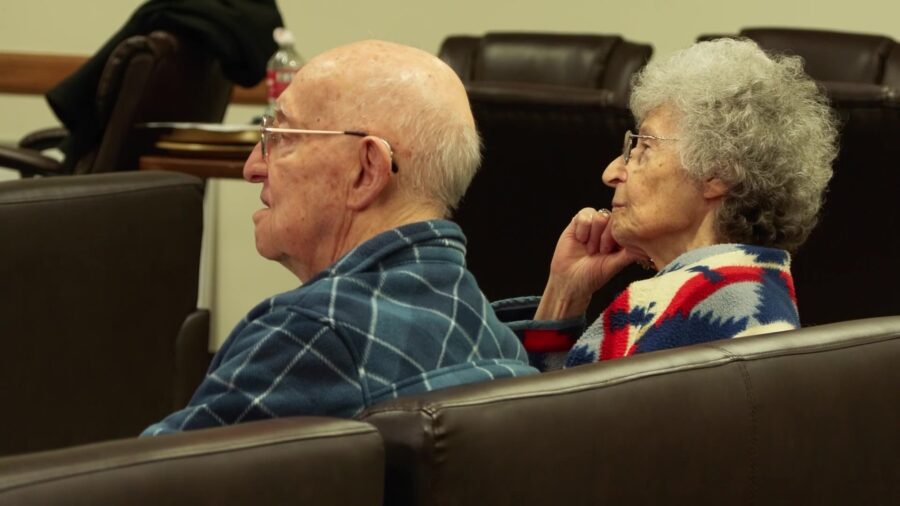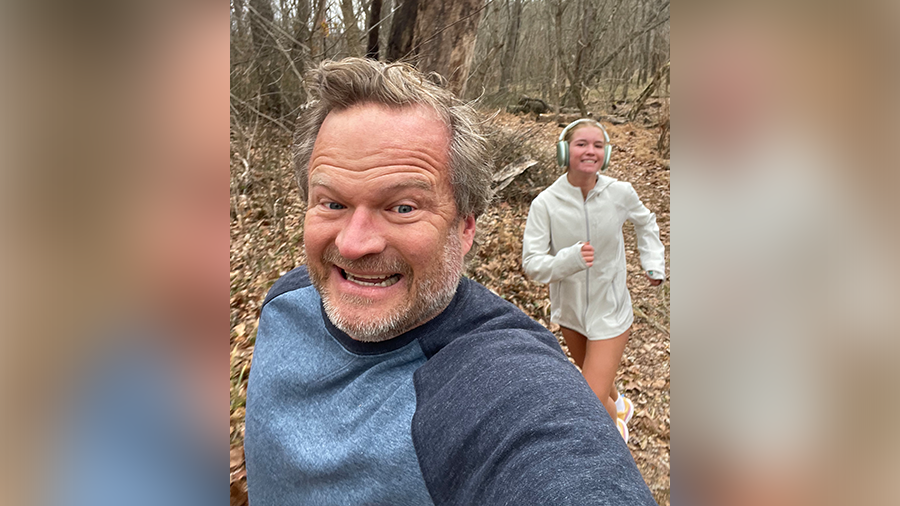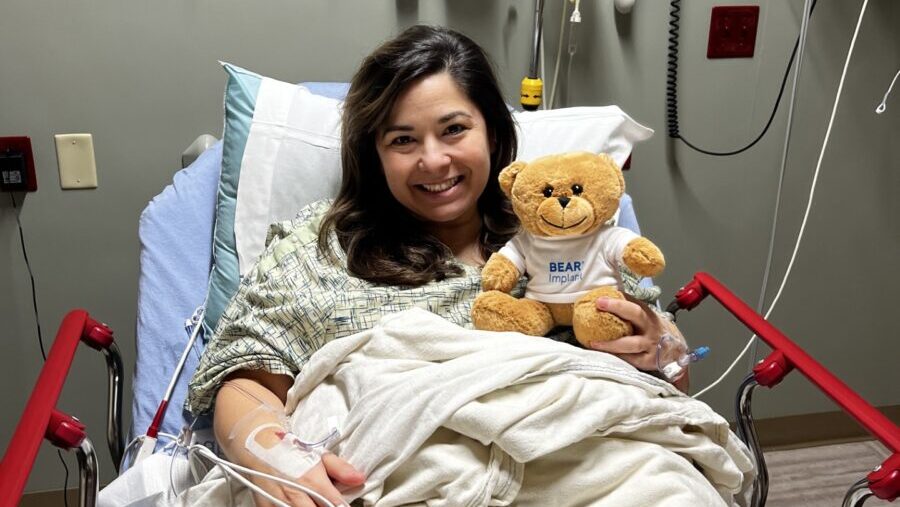FDA approval of self testing for breast cancer genes comes with cautions
Mar 7, 2018, 4:00 PM | Updated: 11:14 pm
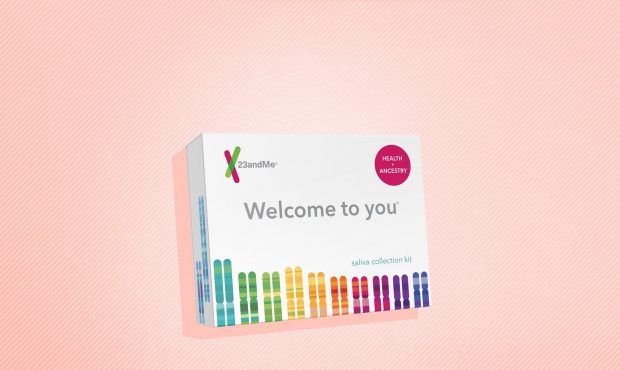
Genetic testing company 23andMe has been give federal approval to sell at-home kits that test for three breast cancer gene mutations.
(CNN) — The U.S. Food and Drug Administration gave its approval Tuesday to a 23andMe test that screens for a few breast and ovarian cancer genes, but that approval came with a number of caveats and cautions.
It is described by the FDA as the first direct-to-consumer test to report on three specific BRCA1/BRCA2 mutations that are most common in people of Ashkenazi, or Eastern European, Jewish decent. Mutations on these genes increase a person’s risk of breast and ovarian cancer.
However, the test detects only three of more than 1,000 known mutations.
“While the detection of a BRCA mutation on this test does indicate an increased risk, only a small percentage of Americans carry one of these three mutations and most BRCA mutations that increase an individual’s risk are not detected by this test,” said Donald St. Pierre, acting director of the Office of In Vitro Diagnostics and Radiological Health in the FDA’s Center for Devices and Radiological Health, in the FDA’s announcement.
23andMe co-founder Anne Wojcicki called the approval a “major milestone in consumer health empowerment,” arguing that while people often participate in runs and wear pink ribbons to raise awareness about breast cancer, “many women who have a higher risk variant in the BRCA1 or BRCA2 genes remain unaware of their heightened genetic risk for breast and ovarian cancer until a doctor diagnoses them with cancer. That’s a failure.”
Dr. J. Leonard Lichtenfeld, deputy chief medical officer for the national office of the American Cancer Society, agreed that scenario constitutes a failure.
Lichtenfeld said he is generally encouraged by the “slow and steady and deliberate movement toward more open access to genetic information” and believes that “eventually, we will get to the point where testing for other cancers will be routine.”
That will be a huge advance for cancer care, he said.
Lichtenfeld said he is also encouraged by the accessibility and the lower cost of this test, compared with traditional lab work, but he cautions that, as with any direct-to-consumer test, people still need get advice from a medical professional about what to do with the information.
Although collecting your saliva, sending it off and getting a report back sounds easy, “it is not as simple as it seems,” he said. “This is a rapidly evolving science, and the knowledge that comes with this test is incredibly limited.”
He added that most BRCA abnormalities found in Americans are not founder mutations, meaning there is a high likelihood that you could have a strong family history of breast and/or ovarian cancer, get a negative test and yet still harbor a mutation that could substantially increase your risk of cancer.
“You might think you are off the hook, but you aren’t necessarily,” he said.
Karen Grinzaid, a genetic counselor at Emory University, agrees.
“In some ways, it is exciting, especially if you don’t happen to fall under the criteria to access this testing at a reasonable price otherwise,” said Grinzaid, who runs JScreen, a Jewish genetic testing program, at Emory. “But people do need to be careful and follow up with a clinical care team that has the expertise in managing the genetic risk factors a person has and can let you know what your options are.”
Dr. Jane Lowe Meisel, an assistant professor in the Department of Hematology and Medical Oncology at the Emory University School of Medicine, thinks FDA approval of this test is a “step in the right direction,” but she also cautions that these three mutations are rarely present in populations outside the Ashkenazi Jewish community.
“I wouldn’t want someone to assume, if they get a negative, they are risk-free,” said Meisel, who works with breast and ovarian cancer patients at the Winship Cancer Institute. “I wouldn’t want someone to assume that they don’t have other cancer genes, and it’s important to keep in mind there are other factors like obesity and alcohol intake and hormone use that could also put you at an increased risk for cancer.”
If someone tests positive for the mutation, the FDA cautions that the 23andMe test should be only a first step and that the person should not use the test results to determine any treatment, including prophylactic removal of the ovaries or breasts. Additional confirmatory testing will need to be done, as well as genetic counseling. And it advises that “The use of the test carries significant risks if individuals use the test results without consulting a physician or genetic counselor.”
Mary Freivogel, immediate past president of the National Society of Genetic Counselors, said counselors can contextualize what genetic risks may mean for you and can help you understand what to do with that information. The society offers a website where users can enter their ZIP code to find a local expert.
Freivogel said she has reservations about the news from the FDA. She has been encouraged by 23andMe’s careful reporting on the test, but “I don’t know how many patients will read all these reports. And my main concern is that the company is marketing it to anyone out there, but it is really only valid for people who are in this particular Jewish population, which is a small number of people. I don’t want people to think that they got a full BRCA test and don’t need to do anything else,” she said.
Lichtenfeld predicts that more genetic testing will become readily available, and that means medical professionals and their patients will have to get better educated about the effects on their health.
“Inevitably, I do believe lives will be saved because they have access to these tests,” he said. “Hopefully, though, people will understand what these tests mean, and they still will want to continue to double-check the results and their overall risks.”
The-CNN-Wire
™ & © 2018 Cable News Network, Inc., a Time Warner Company. All rights reserved.

